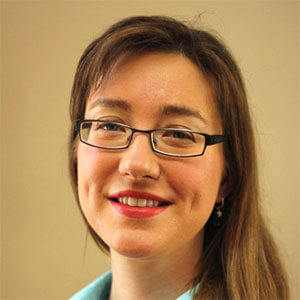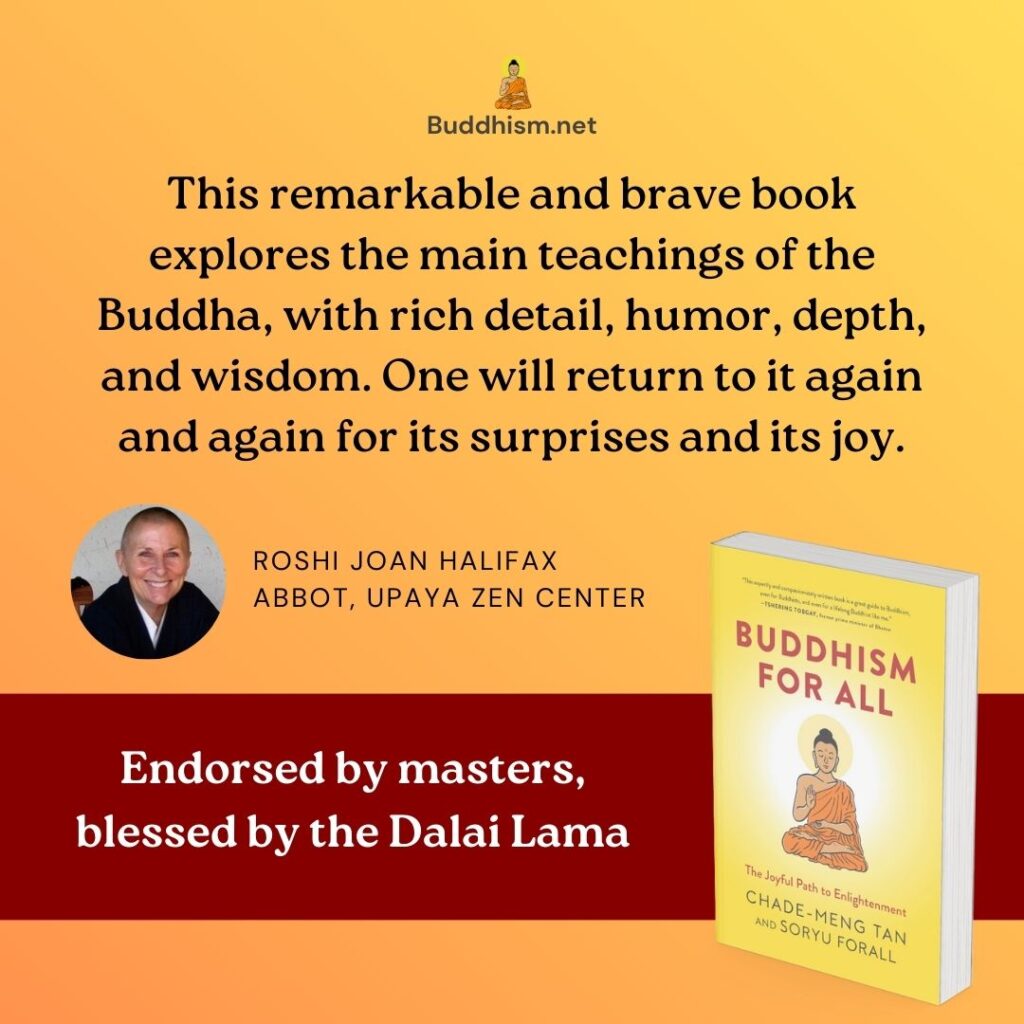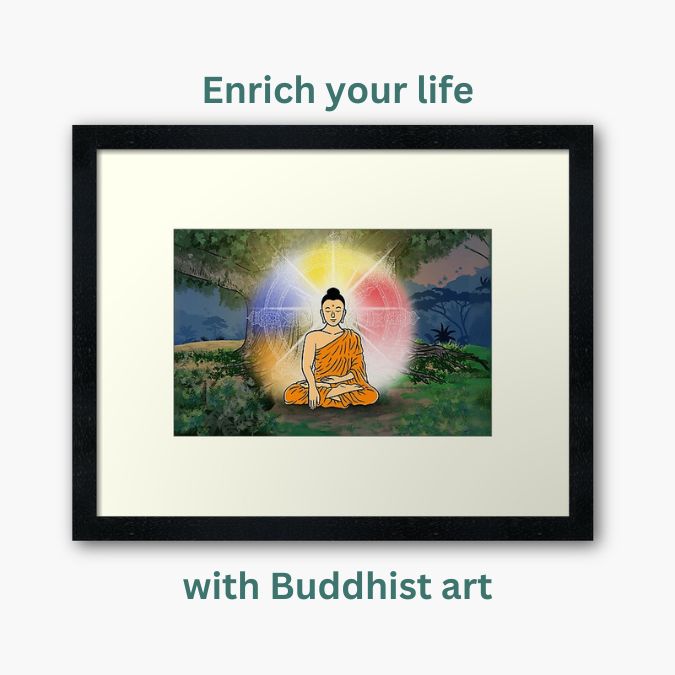
We usually close each topic with an Abbot’s Commentary, but this time, we have a special treat for you. We invited the Abbot’s first meditation teacher, Sumi Loundon, to share her commentary on the different schools that she and Soryu learned from. Sumi was a college sophomore teaching meditation to her fellow students. One of her students was a freshman called Teal Scott (yes, he had a last name for a first name, and a first name for a last name). The most inspiring part of the story for me is that Teal grew up to become Soryu Forall. Soryu is still grateful that she was willing to offer him the Dharma, and bows in her general direction each day.
Here is her commentary.
During my first year teaching meditation in college, a new student who was one year junior to me began coming regularly. One morning, as I bowed upon entering the room, Teal asked, “Why do you bow so much?” His tone was slightly mocking.
As I came up from the bow, I looked at him. His challenging way of asking questions irritated me greatly. Teal was a very smart guy, but so smart that it got in the way of his learning.
“To show respect, to humble myself,” I replied.
“Why do you wear nice clothes to meditation?” he asked. I didn’t consider my clothes nice, but they were definitely a step up from his stained sweatpants and tee shirt.
“To show respect, to signal to others that this practice is noble and important.”
“Your bowing and clothes seem superficial to me,” he said. “What matters is what is inside.”
“You’re right,” I said, “but these outward forms are expressive of an inner attitude, and vice versa.” He didn’t seem satisfied with my answer.
The next year Teal went to Japan to study and while there, he began learning Rinzai Zen at a monastery that welcomed Westerners. When he came back to the States, he said to me, “Now I know why bowing is so important. In fact, bowing is the essence of practice. Everything can be accomplished in a bow.” He now wore simple clothes, but they were tidy and clean.
A year later, he dropped out of college and returned to the monastery, where he ordained as a monk. When he re-enrolled, after I graduated, I once visited him. His room was completely empty except a desk, a laptop and his robe, which he was carefully smoothing out on the floor. I have never understood how the koan form of Zen leads to enlightenment, because I have never tried it for myself, and I have long felt intimidated by its muscular expression. But after I saw how Teal had transformed into Soryu, his ordained name, from tough intellectual to a compassionate and thoughtful monk, I realized that it was just as effective a form of practice as any other in Buddhism. I learned from him that it’s not what we practice but that we practice.
Activities
- Reflect on this post with Angela:
- Examine your own life story. Where did you come from? Where are you going?


